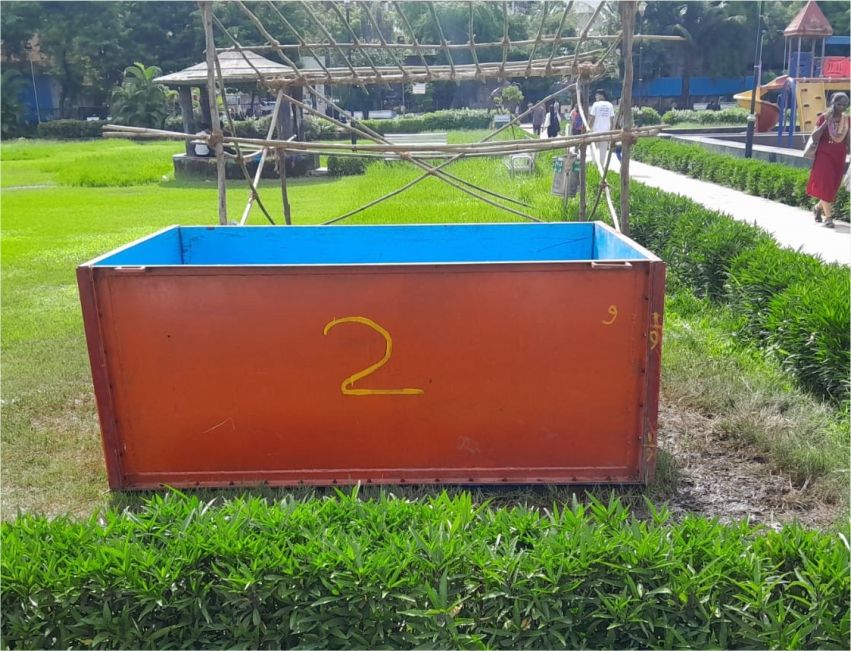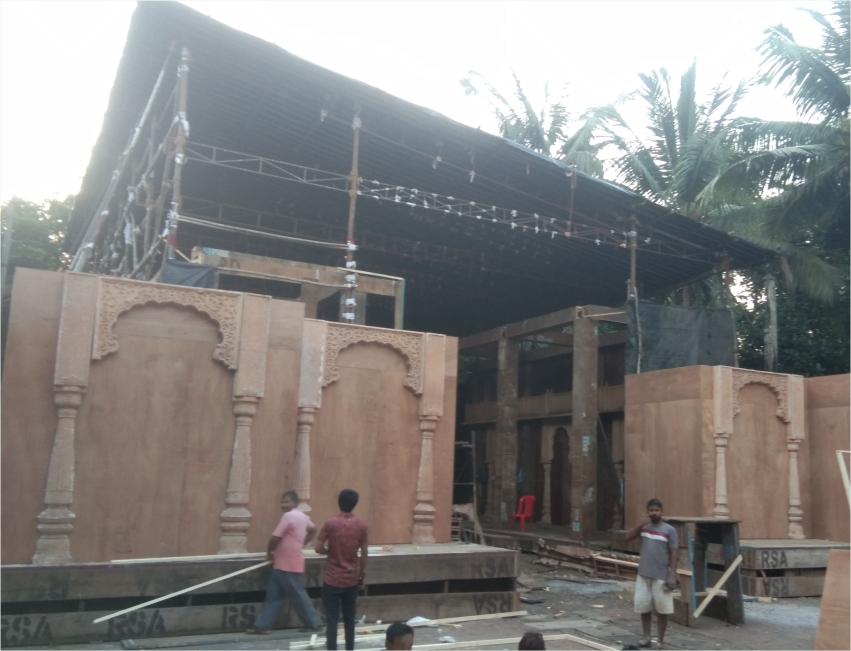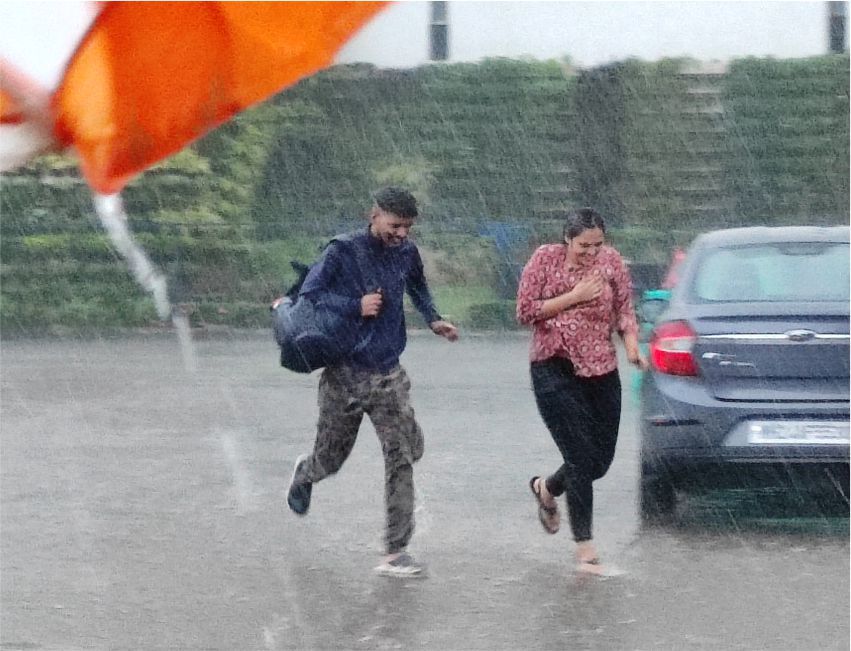Know how Eid al-Fitr is celebrated across different states in India

- Christopher Rodrigues
- 10 Apr, 2024
Learn about why this festival is significant to Muslims around the world
Eid al-Fitr, often simply referred to as Eid, is one of the most important festivals celebrated by Muslims worldwide. It marks the end of Ramadan, the Islamic holy month of fasting.
Eid al-Fitr is celebrated with great joy and enthusiasm across India, and the customs and traditions may vary slightly from region to region due to the diverse cultural and linguistic landscape of the country. Here’s how Eid al-Fitr is celebrated in different states and union territories of India:
Kerala: In Kerala, Eid al-Fitr, locally known as ‘Ramadan Perunnal,’ is celebrated with special prayers at mosques, followed by a grand feast known as ‘Sadhyath.’ Traditional Malayali dishes like biryani, samosas, and sweets are prepared, and families often visit relatives and friends to exchange greetings and gifts.
Uttar Pradesh and Bihar: In states like Uttar Pradesh and Bihar, Eid festivities begin with the sighting of the moon. Special prayers are offered at mosques, followed by the exchange of greetings and sweets. Families dress in new clothes, and delicious dishes like ‘seviyan’ (sweet vermicelli) are prepared for the celebratory meal.
West Bengal: In West Bengal, Eid al-Fitr, or ‘Chand Raat,’ is celebrated with fervour. Muslims visit the mosque for special prayers, and the streets come alive with vibrant markets selling clothes, jewellery, and traditional items. Bengali sweets like ‘sandesh’ and ‘rosogolla’ are prepared for the festive feast.
Jammu and Kashmir: In Jammu and Kashmir, Eid al-Fitr, locally known as ‘Meethi Eid,’ is celebrated with traditional fervour. Families gather for prayers at mosques, followed by feasts featuring Kashmiri delicacies like ‘rogan josh,’ ‘wazwan,’ and ‘kheer.’ The day is also marked by exchanging gifts and visiting relatives.
Andhra Pradesh and Telangana: In Andhra Pradesh and Telangana, Eid al-Fitr is celebrated with prayers at mosques, followed by family gatherings and feasting. Traditional Hyderabadi dishes like ‘biryani,’ ‘haleem,’ and ‘sheer khurma’ are prepared, and families often visit popular landmarks and parks for recreation.
Tamil Nadu: In Tamil Nadu, Eid al-Fitr is celebrated with prayers at mosques, followed by family gatherings and feasting. Traditional Tamil dishes like ‘biriyani’ and ‘sambhar’ are prepared, along with special sweets like ‘payasam’ and 'halwa.' Families also visit markets for shopping and entertainment.
Overall, while the core elements of Eid al-Fitr celebrations remain consistent across India, each region adds its own unique flavours and customs, reflecting the rich diversity of the country's cultural tapestry.
What is the significance of Eid al-Fitr to Muslims around the world?
Completion of Ramadan fasting: Eid al-Fitr celebrates the conclusion of the month-long dawn-to-sunset fasting observed by Muslims during Ramadan. Fasting during Ramadan is considered one of the Five Pillars of Islam, and Eid al-Fitr marks the end of this spiritual journey.
Gratitude and reflection: Eid al-Fitr is a time for Muslims to express gratitude to Allah for providing them with the strength and perseverance to observe the fast throughout Ramadan. It's also a time for reflection on one's spiritual growth and development during the month.
Community and Solidarity: Eid al-Fitr is a time for Muslims to come together as a community. Families and friends gather for special prayers, communal meals, and festivities. It strengthens the bonds of brotherhood and sisterhood among Muslims.
Charity and Generosity: Zakat al-Fitr, or Fitrana, is a mandatory charitable contribution that Muslims are required to give before Eid prayers. It is intended to provide assistance to those in need so that they too can partake in the joyous celebrations of Eid.
Forgiveness and Reconciliation: Eid al-Fitr is also a time for forgiveness and reconciliation. Muslims seek forgiveness from Allah for any shortcomings during Ramadan, and they also forgive and reconcile with others, strengthening ties within families and communities.
Eid al-Fitr holds great significance in the Islamic calendar as a time of spiritual renewal, community, charity, and celebration of faith. It represents the culmination of a month of fasting, prayer, and self-reflection, while also emphasizing the importance of gratitude, generosity, and solidarity among Muslims worldwide.





